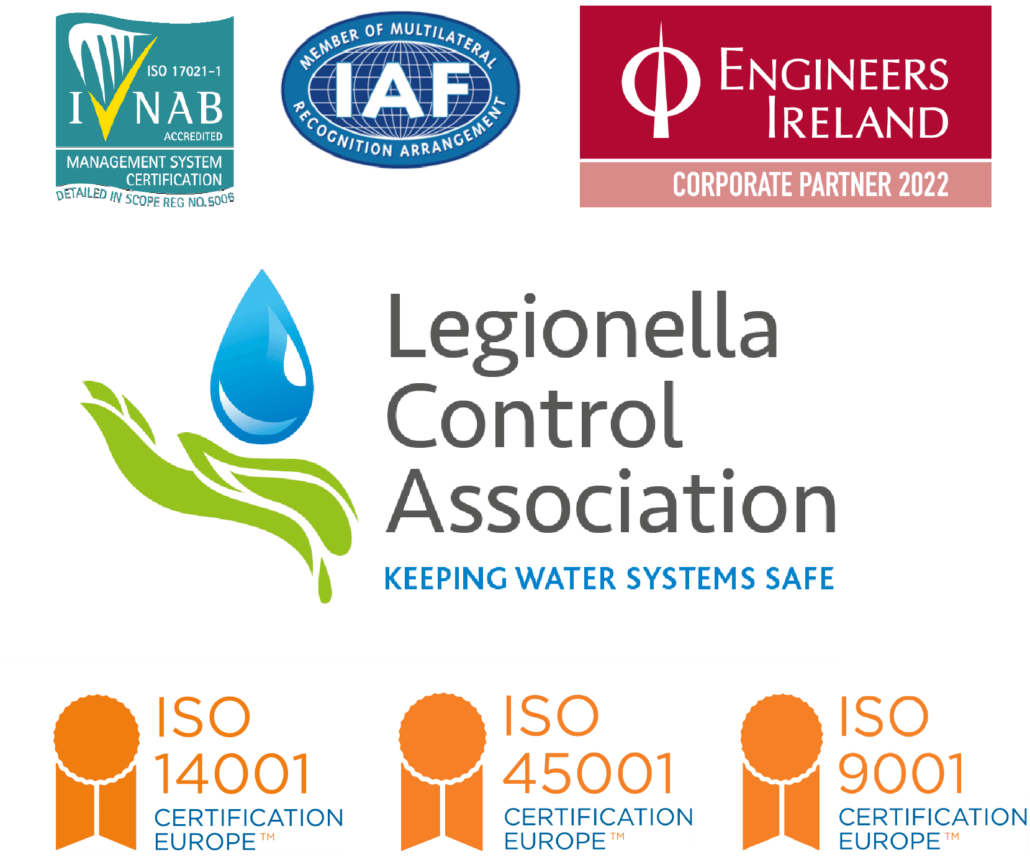Filtration Systems in Industrial Water Treatment
To ensure the purity and safety of water, industries rely on sophisticated filtration systems. There are many different types of filtration systems available, here we will look at types which are commonly used in industrial water treatment.
Reverse Osmosis
Reverse osmosis (RO) is an advanced filtration process that utilizes a semi-permeable membrane to remove even the tiniest of particles from water. In RO systems, water is forced through this membrane under pressure, separating pure water molecules from salts, minerals, heavy metals, and other contaminants. RO technology is highly effective in producing ultra-pure water, making it ideal for industries that require exceptionally high water quality standards, such as pharmaceutical and semiconductor manufacturing.
Activated Carbon Filtration
Activated carbon filtration is a powerful method for removing organic contaminants and chemicals from industrial water sources. This filtration system utilizes activated carbon, a porous material with a high surface area, to adsorb impurities. As water flows through the carbon bed, organic compounds, chlorine, and other volatile chemicals are attracted to the carbon’s surface and trapped. Activated carbon filtration is commonly used to improve taste and odor in water, as well as to remove chlorine and organic compounds that can be harmful in industrial processes. It’s also a key component in wastewater treatment and remediation systems.
Sand Filtration
Sand filtration is one of the oldest and most widely used techniques in industrial water treatment. It is simple in design but highly effective in removing suspended solids from water. This system typically consists of a large tank filled with various layers of sand and gravel. As water passes through the layers, larger particles are trapped in the upper layers, while finer particles are caught in the lower layers. Sand filtration is particularly effective in removing dirt, silt, and other large particles from water, making it an ideal choice for pre-treatment before more advanced filtration processes.
Conclusion
In summary, industrial water treatment relies on a combination of mechanical filtration, activated carbon filtration, and reverse osmosis to ensure the purity and safety of water used in various processes. These advanced filtration systems play a vital role in conserving water resources, promoting environmental sustainability, and safeguarding human health.
As technology continues to advance, we can expect even more innovative filtration solutions to emerge, further enhancing the efficiency and effectiveness of industrial water treatment processes.






